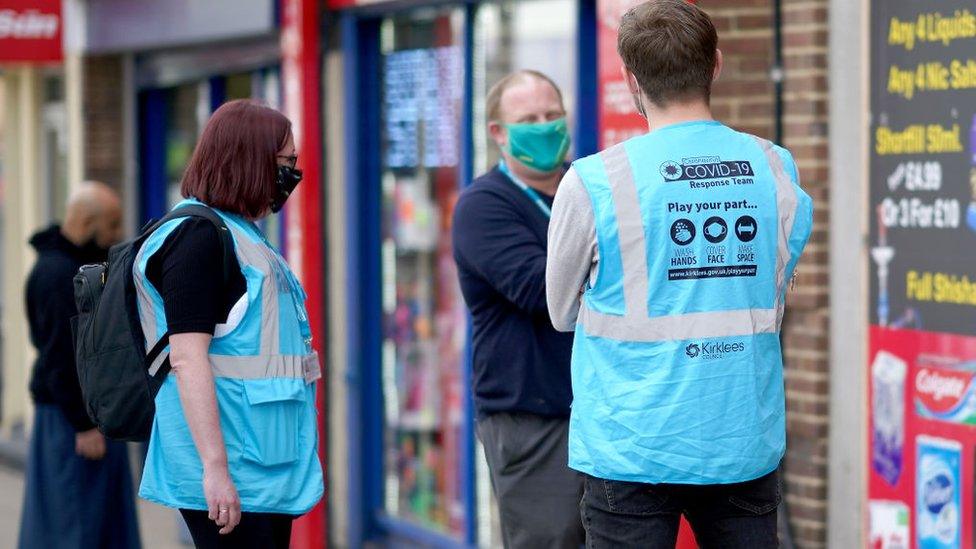Covid: Keep Lancashire's schools closed after half term, says union
- Published
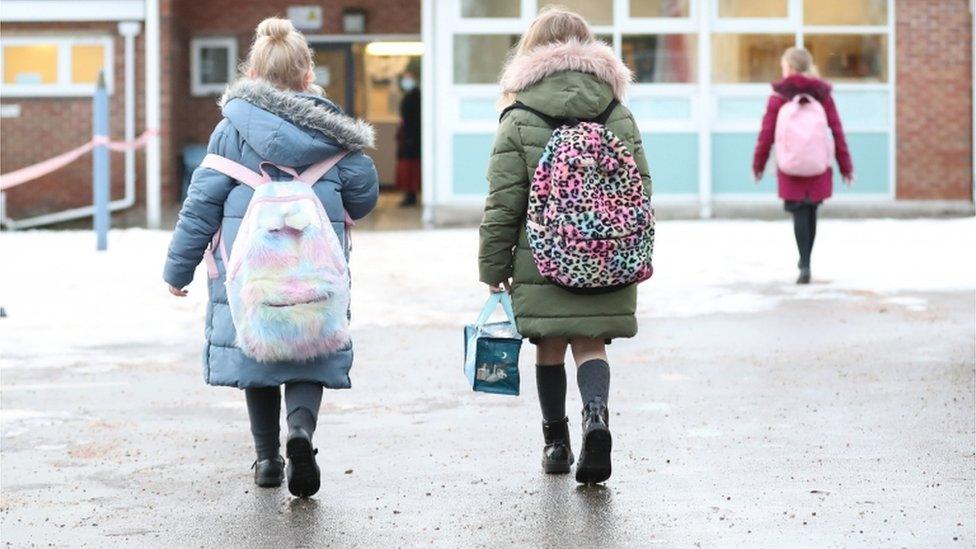
Blackburn with Darwen currently has the highest Covid-19 rates in England
Schools in Lancashire should stay shut for a week after half term, a teachers' union has said.
Ian Watkinson, from the National Education Union (NEU), has called for a week of home-learning to stem the spread of Covid-19.
He said schools were driving transmission and a circuit-breaker would "seem to be the right call".
Lancashire had 10 areas in the top 20 worst-affected by coronavirus cases in England in the week to 28 May.
The Department for Education has been contacted for comment.
Blackburn with Darwen currently has the highest Covid-19 rates in England.
It had 436 coronavirus cases per 100,000 people in the week ending 28 May, while Rossendale had 312 cases.
The average area in England had 16 cases.
Mr Watkinson, an executive member of the NEU, said combining the half-term holiday with a period of home-learning for all but the children of key workers and vulnerable children could slow transmission, the Local Democracy Reporting Service said.
He said the move would cause less disruption to education than having multiple bubbles of children being forced to self-isolate after possible contact with Covid cases.
It comes as ministers pledged £1.4bn to help schools tackle the disruption to education caused by the pandemic.
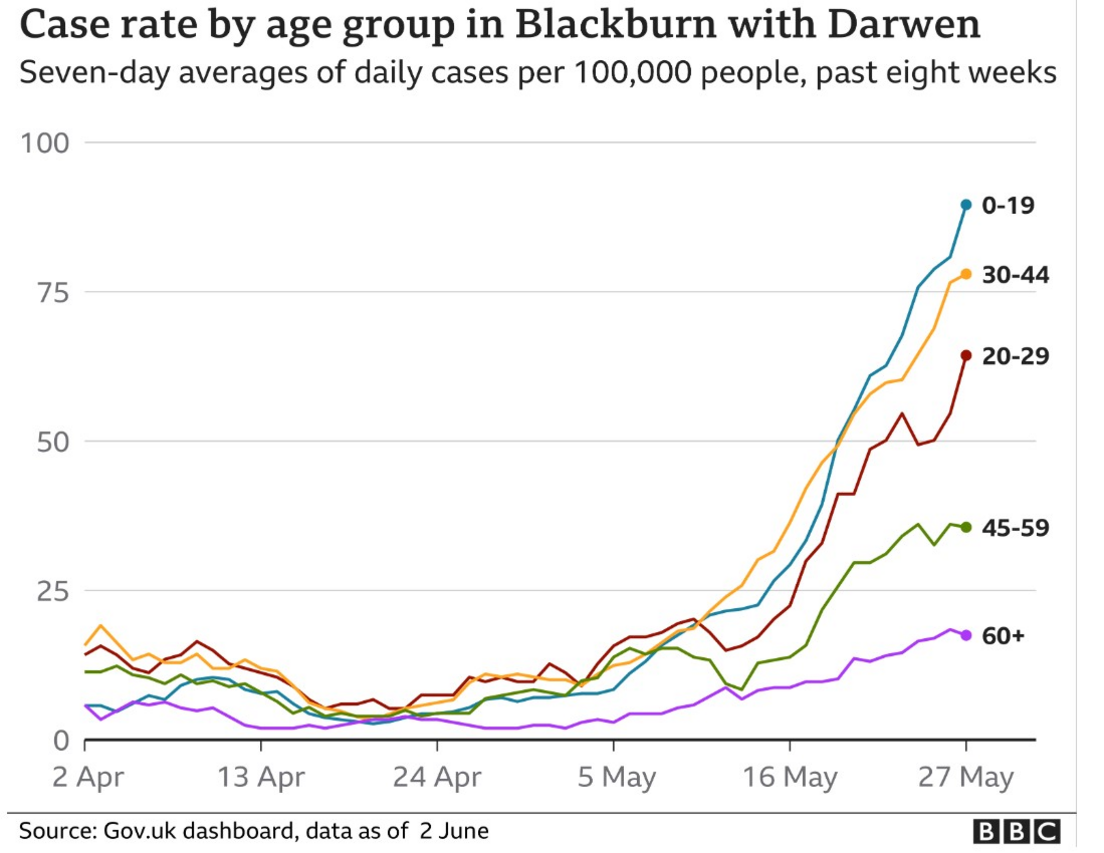
Lancashire has seen a rise in cases involving the so-called Indian variant, now named the Delta variant by the World Health Organisation (WHO).
The NEU wrote to the directors of public health in Blackburn with Darwen and Burnley last week officially requesting a fortnight-long half term closure for schools in those areas.
Blackburn with Darwen's public health director, Prof Dominic Harrison, has called for "desperately needed" vaccines for 12 to 18-year-olds, with rates "exceptionally high" among the area's 17 and 18-year-olds.
But he said the local strategy was to "learn how best to manage this situation in schools, workplaces and the wider community", rather than "reverse the basic lockdown lifting rules" for residents.
Councillor Julie Gunn, education member at Blackburn with Darwen Council, said the local authority did not support an extension of the half term holiday, adding: "Our children have missed enough face-to-face teaching as well as time with their peers."

Analysis
By Rob England, BBC England Data Unit
The data clearly shows infection rates are highest in Blackburn with Darwen among younger people, those below the age of 20.
Although not as likely to become seriously ill from the virus, we know from previous outbreaks that the virus can be passed on from younger to older age groups, some of whom may not be fully vaccinated yet.
It is estimated that about 90% of people over the age of 40 in Blackburn have had at least one jab - a promising sign. But with fewer than half of this age group having had a second dose, there is still a risk that hospitalisations may increase further, something we have started to see already.
What's unclear is how long this surge will last and if, like Bolton, cases will start to plateau and eventually fall in the coming days.
The outbreaks share some characteristics. In both places' vaccine uptake is lowest in a small cluster of some of the most deprived neighbourhoods. These areas are thought to be more vulnerable to outbreaks as they tend to be more built up and have more people living there.
However, this doesn't appear to be the case in Blackburn. Neighbourhoods with high numbers of cases per head of population do have reasonable uptake. So, it remains to be seen whether these new infections will translate into a spike in people becoming more seriously ill with the virus.

Dr Sakthi Karunanithi, Lancashire's director of public health, said: "It feels like we are at the foothills of another wave of this Delta variant."
He told BBC Radio Lancashire he did not want to see sanctions placed on the county but wanted "more support" and more people to get their first and second vaccinations, which "seemed to be working even with the Delta variant".
The weekly infection rate per 100,000 people more than trebled in Blackburn with Darwen and Preston and more than quadrupled in Hyndburn and South Ribble in the week to 27 May.
Rates also rose sharply in Fylde, Ribble Valley and Rossendale. Meanwhile case rates fell in Blackpool, Lancaster and Wyre.
A spokesman for Lancashire County Council said: "We are currently advising schools to continue to follow the national government guidelines."

Why not follow BBC North West on Facebook, external, Twitter, external and Instagram, external? You can also send story ideas to northwest.newsonline@bbc.co.uk, external
Related topics
- Published2 June 2021
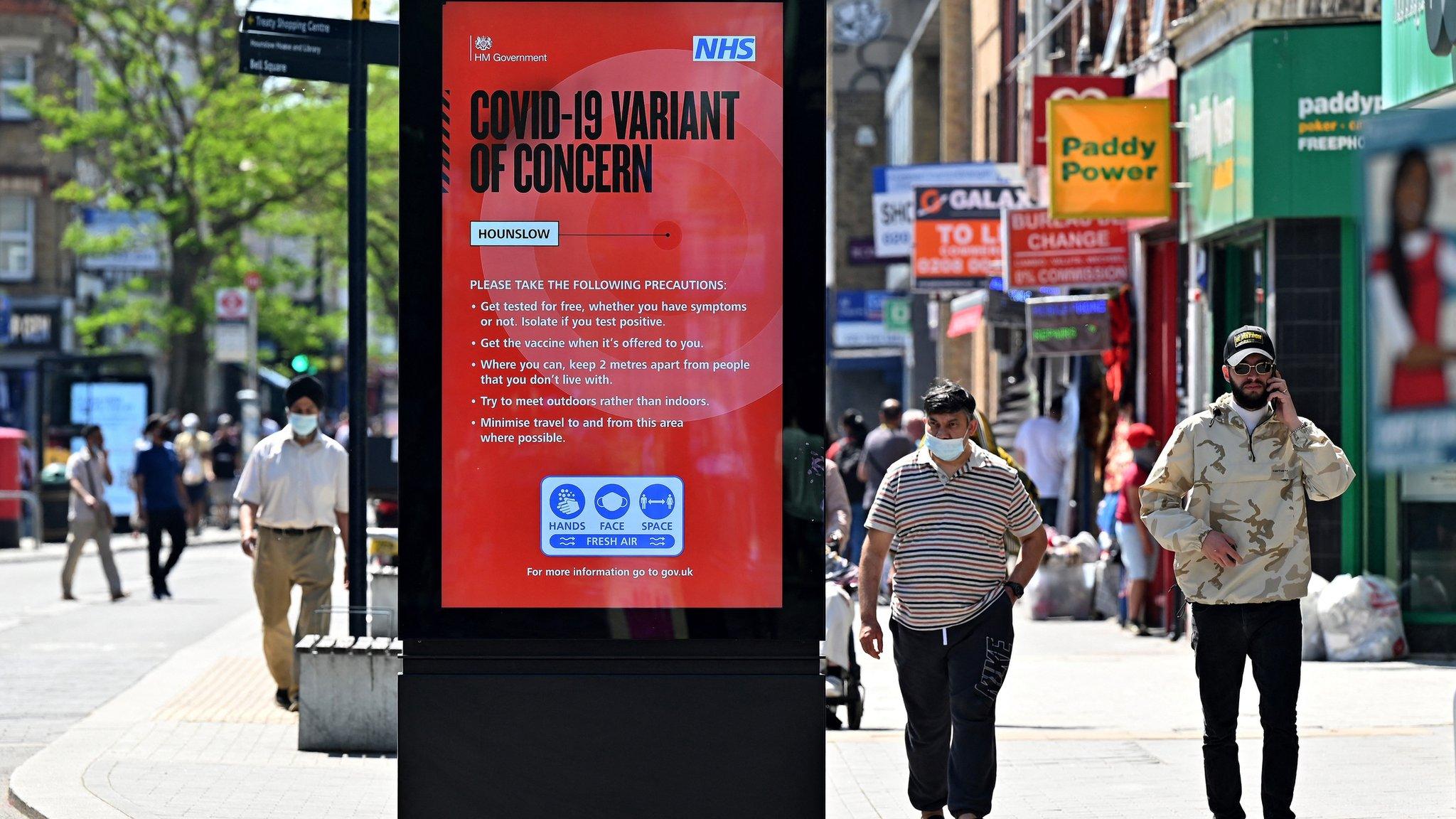
- Published2 June 2021
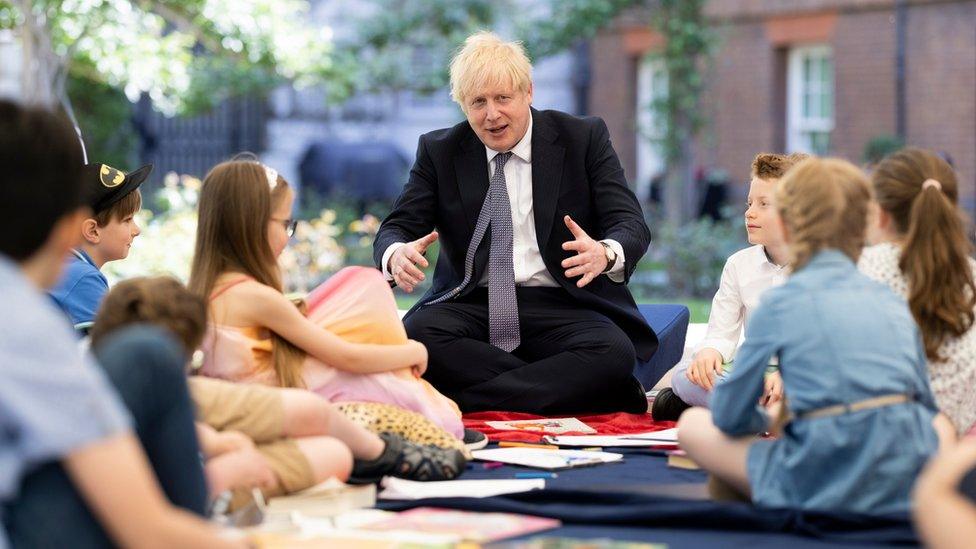
- Published2 June 2021
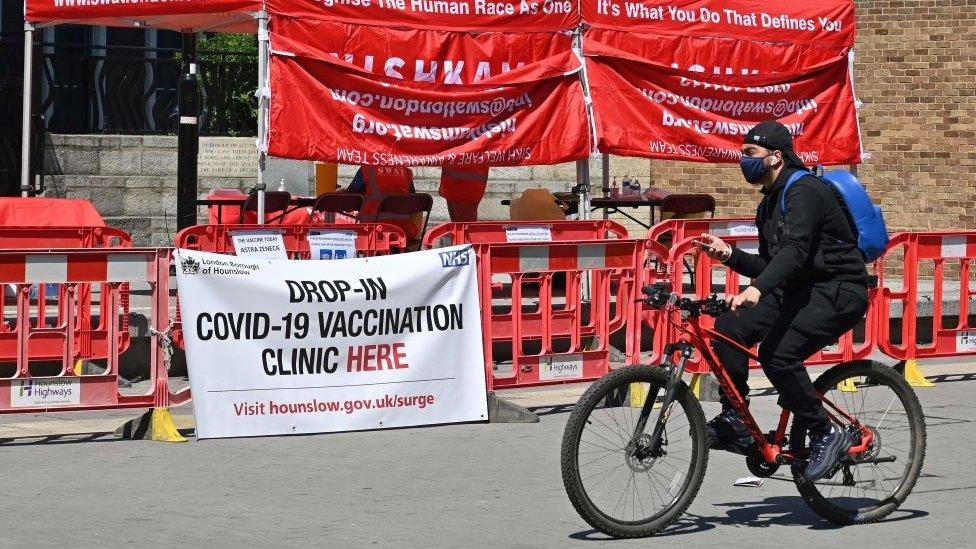
- Published1 June 2021
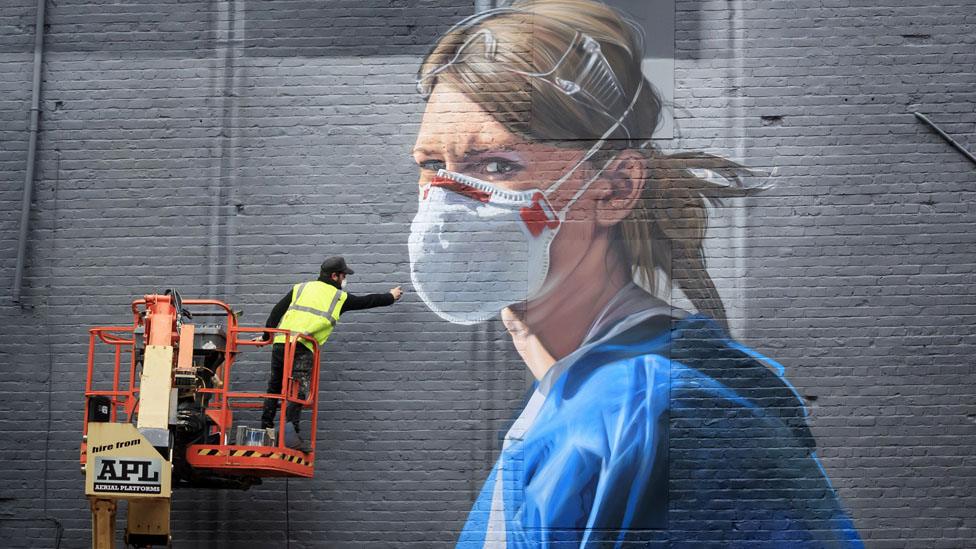
- Published1 June 2021
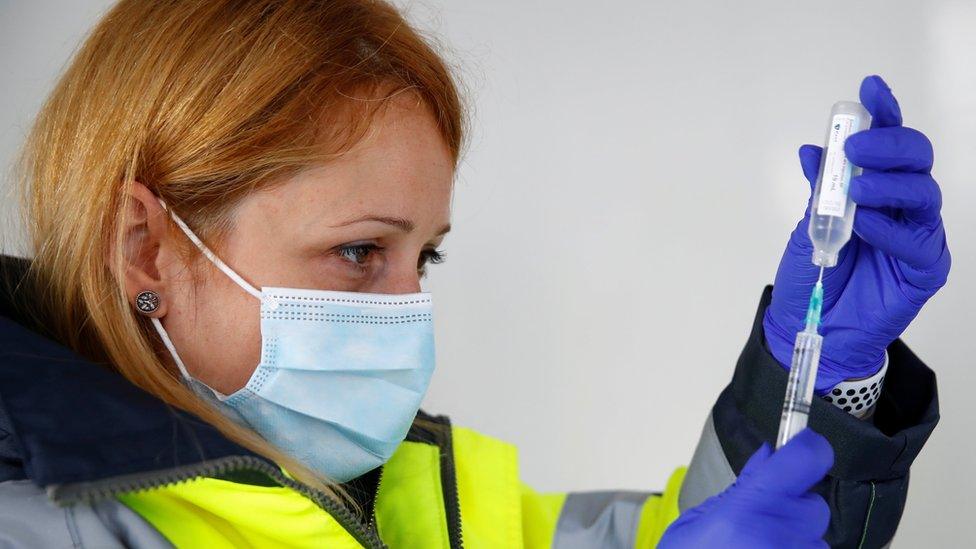
- Published28 May 2021
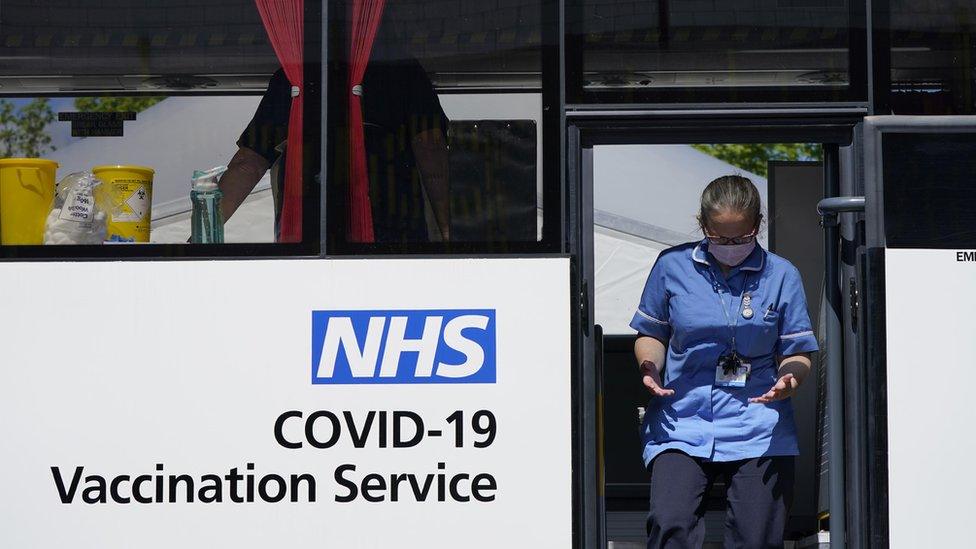
- Published28 May 2021
